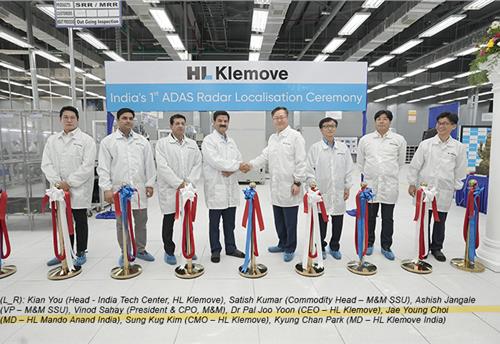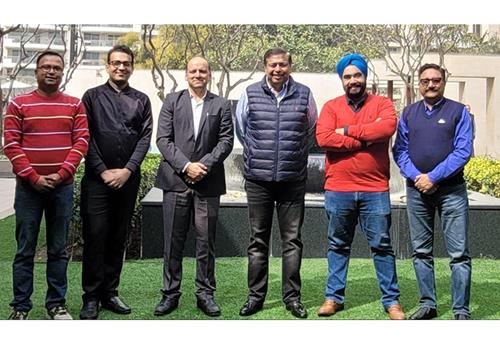India will be a market for autonomous driving: Bosch
Indian driving conditions may be far from ideal for autonomous driving, but global automotive supplier Bosch believes that the evolving technology can be introduced here, says Sumantra B Barooah.
Indian driving conditions may be far from ideal for autonomous driving, but global automotive supplier Bosch believes that the evolving technology can be introduced here, says Sumantra B Barooah.
If one conducts a random survey for the feasibility of introducing autonomous driving in India, most respondents may say that it is highly unlikely in India. But global automotive supplier Bosch feels otherwise, although Indian conditions are very different from the driving conditions in Europe, where it is conducting tests.
Dr Dirk Hoheisel, Board member, Robert Bosch, feels autonomous driving could see a similar story as the car multimedia industry in India. “When we started this activity (multimedia) in India 15 years ago, no one believed that we would have a navigation system in India. But now we do have navigation in India, no problem! I think this (automated driving) will be a similar development,” Dr Hoheisel told Autocar Professional on a visit to Boxberg, Germany, in early June 2015.
Bosch would not commit on a timeline about the introduction of automated driving in India, but Dr Hoheisel is “quite sure” that he and his teams will find solutions to the challenges the technology faces in India and other markets around the world. “The most important vision for me as an engineer is that the car is acting absolutely safe in all conditions across the globe,” he says. Bosch claims it is the first supplier to bring automated driving to German highways.
OPPORTUNITY FOR AUTOMATED DRIVING
At Bosch, automated driving along with electric mobility and connected driving is a key focus area. It has built a team of 2,000 engineers only to research and develop driver assistance systems – 700 more than two years ago.
Bosch’s sales in the driver assistance systems market are growing by over 30 percent each year. Last year, the company’s sales of radar and video sensors used in driver assistance systems doubled to touch 50 million units for the first time and it is confident that volumes will double this year as well.
The company is putting more efforts to tap the opportunities in the evolution of automated driving. This year, Bosch will start production of a new range of assistance systems covering remote parking, traffic jams, evasive action, and turning against oncoming traffic. By 2020, the company wants to be ready for automated driving on freeways.
“Bosch technology will enable the cars of the future not only to autonomously accelerate and brake, but also steer,” says Dr Rolf Bulander, chairman of Bosch’s mobility solutions business sector, at the company’s biennial press briefing in Boxberg.
The recent acquisition of another German supplier ZF’s stake in ZF Lenksysteme, the joint venture for steering systems, will also enhance Bosch’s prospects in the field of automated driving.
TEST OF TECH
Test driving of various cars fitted with Bosch technologies was part of the biennial event. Autonomous driving being the ‘in’ technology now, I decided to experience it in one of the two Tesla Model S sedans (pictured below) which Bosch recently added to its fleet. Fifty new Bosch components were installed in each car. They included a stereo video camera (SVC), which the car uses to recognise lanes, traffic signs, and clear spaces.
The Bosch SVC is the smallest stereo camera system for automotive applications currently available in the market. Its compact design makes it easy to integrate into vehicles. In addition to the camera, 1,300 metres of cable were laid in each car and fixed in place with 400 cable ties. “After some 1,400 hours of work on each of them, the test vehicles are ready for highly automated driving,” says Dr Hoheisel.
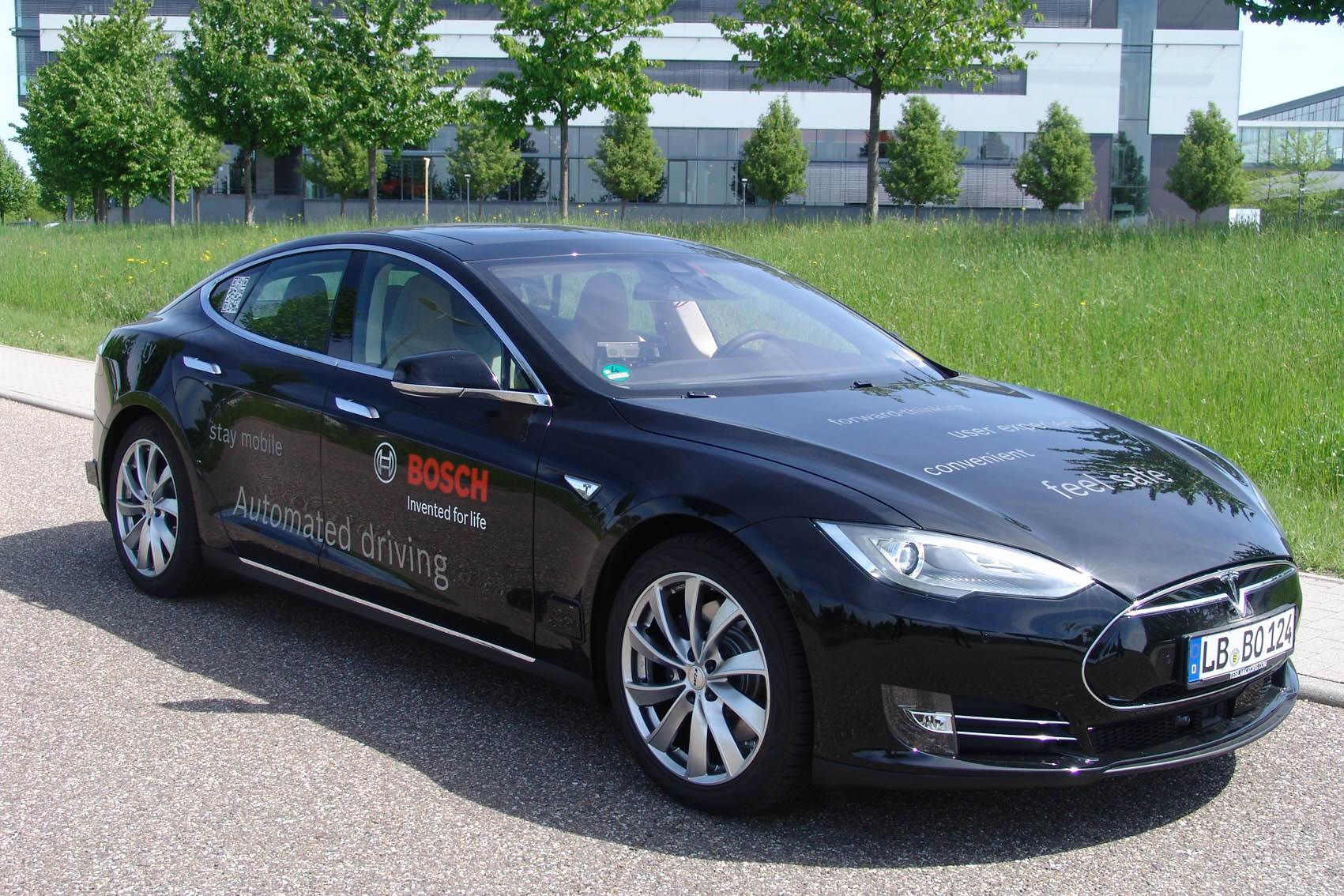
Armed with this technology, the two Teslas can now autonomously drive from on-ramp to off-ramp without the driver needing to constantly monitor them. This transfer of responsibility from the driver to the vehicle explains why so much time and effort is necessary for the retrofit.
Highly automated vehicles must be capable of operating safely even if a component fails. The only way to achieve such operational reliability is by a design strategy that includes redundancy in safety-critical systems such as braking and steering. For example, both test vehicles feature both the iBooster electromechanical brake booster and the ESP braking control system. These components can brake the car independently of each other, without any need for driver intervention.
Bosch has been working on automated driving since 2011, with a team each in Abstatt near Heilbronn and Palo Alto in Silicon Valley. They are supported by a team of 2,000 developers. There is a business aspect to the development of automated driving technologies, but enhanced safety will be the big result of the implementation of the technologies in the near future. The UN estimates that 1.3 million people lose their loved ones in road accidents across the globe. In 90 percent of the cases, the accidents can be attributed to driver error. “By increasing automation, we can tackle the root causes of 37 percent of the road accidents that happen in Germany alone,” says Dr Hoheisel.
It is common knowledge now that India sees the maximum number of road fatalities. Realisation of the vision of top engineers like Dr Hoheisel and their teams to develop technologies that make the car act “safe in all conditions” and the reduction of costs with the growth in scale would be good news for the automobile market in India.
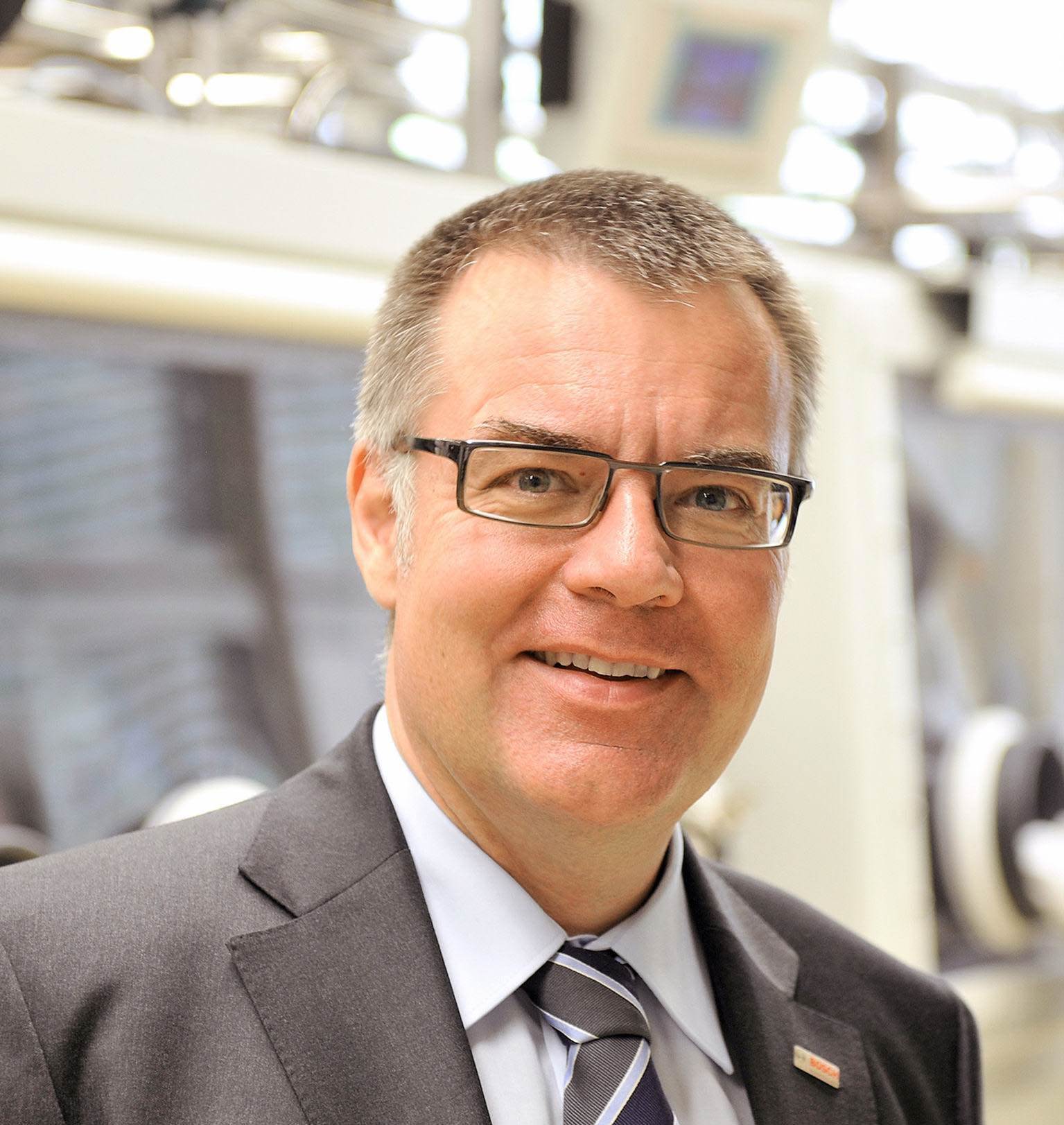
Q&A DR DIRK HOHEISEL, BOARD MEMBER, ROBERT BOSCH
As regards automated driving, how far has Bosch advanced in terms of offering solutions to the end market?
We can offer at the moment the systems that are requested in the market. So if a customer comes to us, we can offer systems they are at the moment are expecting. We are able to offer all the systems that are needed, all the components in a car that is necessary.
We have everything in our hands so that we can also break down from the requirements of the customer exactly and can tailor the system that they need. At the moment, it is not a problem, but this area is progressing so much so we also have to keep our pace.
The mobility solutions business contributes about 68 percent of the Bosch Group's turnover. Come 2020 or later, what kind of role is autonomous driving going to play?
Next year latest we will have a turnover of €1 billion with all driver assistance functionalities which includes adaptive cruise control, automated parking and so on. If you look back 5-10 years ago, you have nearly a very, very small amount of turnover coming from these.
This is a very steep growing share of activities in our units but for sure equipping cars with diesel injection or gasoline injection, brakes system, electronics, car multimedia is at the moment a higher share.
Automated driving may take some time to be accepted but what levels of automated parking can we expect in the coming years? How many more sensors will be required?
At the moment, we have these ultrasonic-based parking systems that help you to drive automatically in a parking lot. This is already in the market since 2-3 years now.
We also have cars that allow you to step out of them and then automatically go into the parking lot. But you have to supervise them by pushing on a button on your smartphone. Ultrasound plus 3-4 cameras.
I believe these features will first come to higher-end cars before coming down to smaller cars.
Not necessarily especially as the parking feature shows. We have introduced automated parking by the driver sitting in the car in smaller cars. That doesn’t necessarily come in high-end cars, it also falls in mid-range cars.
RELATED ARTICLES
Strong support for EV ambitions
New policies and initiatives reflect the government's comprehensive approach to driving industrial growth, fostering inn...
Branded content: HL Klemove inaugurates first Local ADAS Radar Manufacturing Unit in India, marks a significant achievement in “Make in India” initiative
The inauguration ceremony was held in the presence of Vinod Sahay, President and CPO of Mahindra & Mahindra Ltd. and Dr....
BluWheelz to 'Green Up' logistics sector
With their EVs-as-a-service solution, the startup is playing it smart with costs and looking to electrify the entire seg...





 22 Jun 2015
22 Jun 2015
 7907 Views
7907 Views




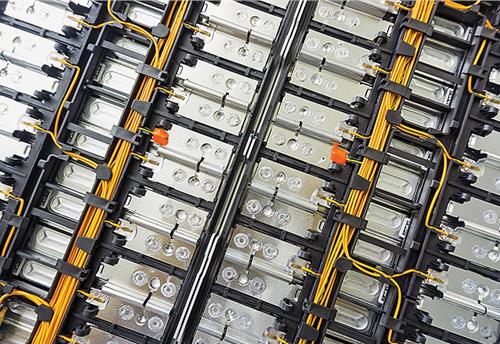
 Autocar Pro News Desk
Autocar Pro News Desk

